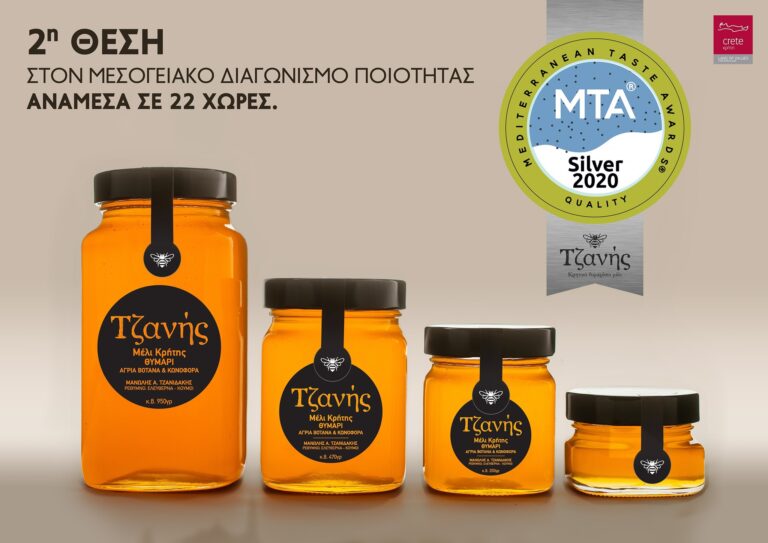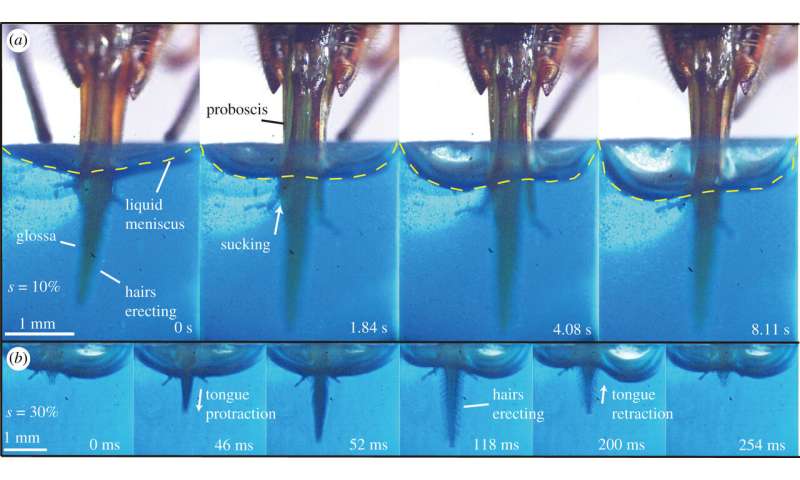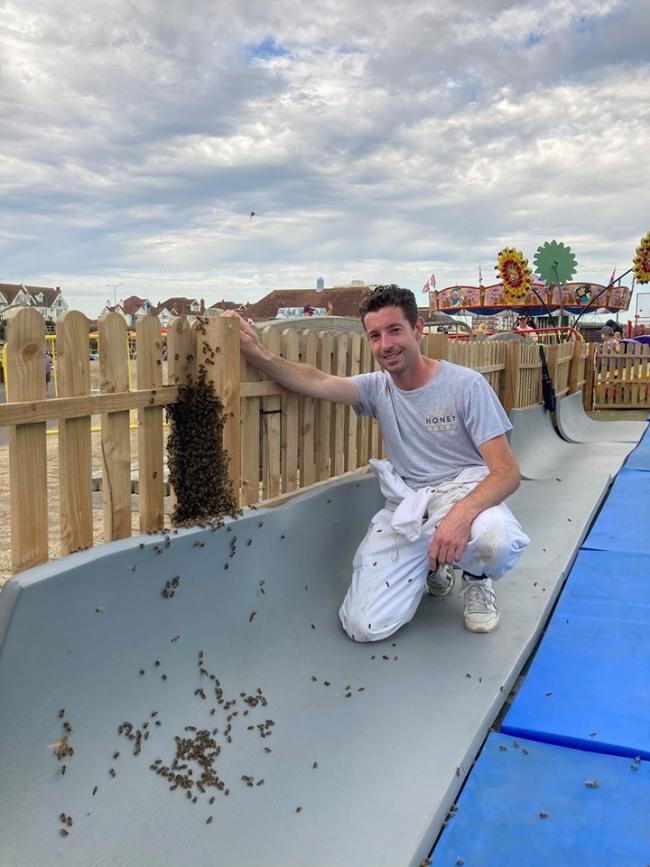CONFUSING ENTHUSIASM WITH RESULTS
When you earnestly believe you can compensate for a lack of skill by doubling your efforts, there's no end to what you can't do.
28 August 2020
BBKA History - post war changes
from British Beekeepers Association https://ift.tt/34N07br
via gqrds
BBKA History - dealing with disease
from British Beekeepers Association https://ift.tt/3b3lC8V
via gqrds
Beekeeper Numbers Rising
from British Beekeepers Association https://ift.tt/3hIzRmc
via gqrds
27 August 2020
BBKA History - Making of experts
from British Beekeepers Association https://ift.tt/3hC5VYF
via gqrds
24 August 2020
22 August 2020
Belly-dancing beekeepers
Courses ranging from printmaking to beekeeping, and belly dancing to French are among those being offered online by the Adult College for Rural East Sussex in the Autumn.
See https://uckfieldnews.com/adult-college-launches-autumn-online-courses/ and https://www.acreslearning.org.uk/
21 August 2020
Rare bee species discovered in North Somerset field
Some very nice pics, and the full story is here: https://www.bbc.co.uk/news/uk-england-bristol-53834244
20 August 2020
19 August 2020
Cretan honey wins second place
After sampling honey from Corfu, I imagine Cretan honey is similarly amazing. Read more here: https://greekcitytimes.com/2020/08/19/cretan-honey-wins-second-place-at-the-mediterranean-taste-awards-2020/
The winner, by the way, was Taygetos honey Elatis, https://www.medtasteawards.com/the-winners/
Like Buzz Aldrin, I very much like the celebration of coming second.
15 August 2020
14 August 2020
Asian Hornet 50 miles from London
Asian Hornets have been discovered in Basingstoke, about 50 miles from London.
https://www.basingstokegazette.co.uk/news/18649549.asian-hornets-near-basingstoke-cause-devastation/
13 August 2020
Air pollution could kill off critical honey bees in India
Bees feel the sting of air pollution more acutely than we do. A 3-year study in India finds that even mildly dirty air could kill 80% of giant Asian honey bees, a key pollinator in South Asia. Without such bees and other insects, domestic production of fruit, vegetables, nuts, and legumes could be at risk, the team says.
Read more at https://www.sciencemag.org/news/2020/08/its-body-looked-warzone-air-pollution-could-kill-critical-honey-bees-india
12 August 2020
Buzz Gifts - Save the Bees
from British Beekeepers Association https://ift.tt/2XTN5Ev
via gqrds
05 August 2020
How do I become a beekeeper?
from British Beekeepers Association https://ift.tt/30w1BEh
via gqrds



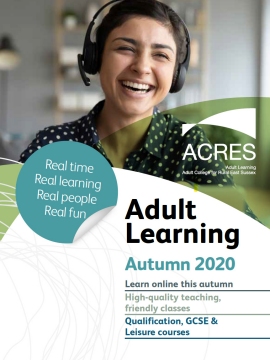
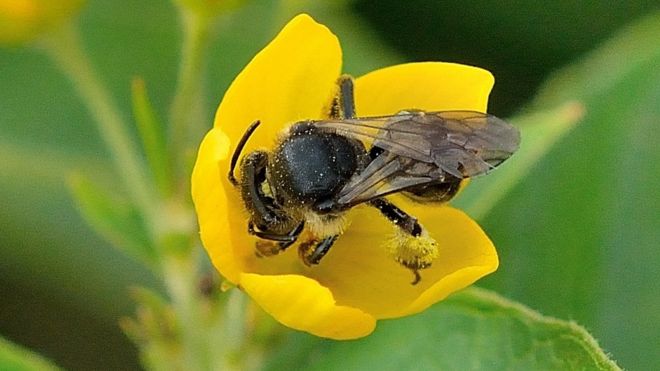
/cloudfront-us-east-1.images.arcpublishing.com/guernseypress.mna/6WTD4OGSVBC45CKXZM4XCODSOA.jpg)
